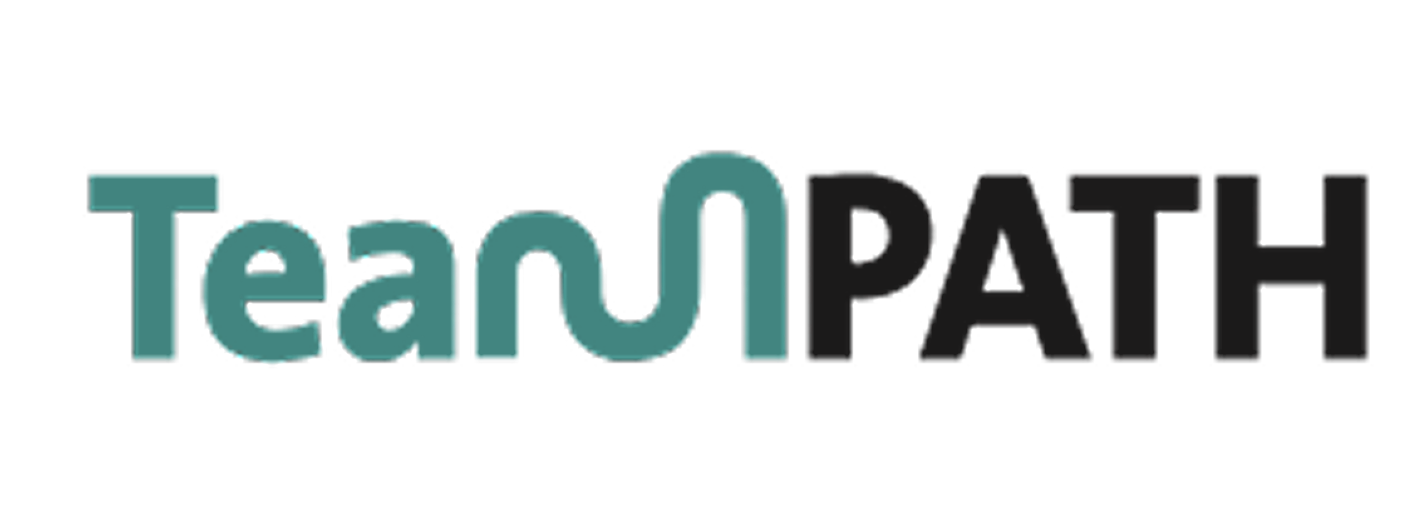Why Boosting, Not Nudging, may be the Key to Building High-Performing Teams

Team Science – With a Twist
At TeamPath, we like our advice backed by evidence. But let’s be honest—academic research on teams can be a bit dry. So we’ve asked AI to turn top team science papers into podcast-style conversations.
The result? Something like John and Gail from Pitch Perfect—if they swapped a cappella commentary for team dynamics. John’s blunt and occasionally inappropriate. Gail’s sharp and slightly over it. Together, they break down the science so you don’t have to. It’s research, with a little banter.
Disclaimer: These episodes are AI-generated. While we aim for accuracy, the bots may occasionally go rogue.
Based on the paper "Moving from Nudging to Boosting: Empowering Behaviour Change to Address Global Challenges" by Ralph Hertwig, Susan Michie, Robert West, and Stephen Reicher (2025).
Understanding Behaviour Change: From Nudging to Boosting
The secret to building high-performing teams may not lie in subtle nudges or gentle environmental tweaks, but in something deeper: boosting competences.
New research by Ralph Hertwig and colleagues challenges the popular "nudge" model, proposing an alternative approach—one that strengthens skills, enhances agency, and fosters collective action. This paper encourages us to think differently about how meaningful, sustainable behaviour change happens, both in society and within teams.
Key Findings: Boosting Human Competence and Collective Agency
The paper outlines a clear contrast between two models of behaviour change:
- Nudging is based on a "deficit model" of human cognition. It assumes that individuals are prone to errors and biases and that behaviour must be subtly guided, often without conscious awareness.
- Boosting focuses on developing competences—such as decision-making skills, digital literacy, risk literacy, and self-regulation—that empower people to make better decisions for themselves and with others.
Some practical examples of boosting include:
- Training people in lateral reading to critically evaluate online information.
- Providing parents with simple strategies to encourage healthy eating habits during family meals.
- Helping individuals self-nudge by redesigning their digital environments to manage distractions (e.g., apps like one sec).
- Teaching basic financial heuristics to support better financial decision-making.
The emphasis is not just on individual skills but also on fostering trust, shared identity, and community resilience—elements often overlooked in the nudge model.
In short: Boosting builds both individual capability and the social conditions for lasting change.
Current Thinking: Why Boosting Reflects a Shift in Behavioural Science
In recent years, the behavioural sciences have increasingly questioned whether nudging alone is sufficient for addressing complex, systemic challenges.
Several observations are driving this shift:
- Sustainability of impact: Nudges often produce small, short-term effects, particularly when deeper competences are not developed.
- Trust and agency matter: Sustainable change is more likely when individuals and teams feel involved, respected, and capable—rather than subtly manipulated.
- Social and systemic dynamics are critical: Behaviour is shaped not just by individual choice architecture, but by social relationships, identity, and the broader environment.
Boosting aligns with the wider movements in organizational psychology towards psychological safety, growth mindset development, and collective learning. It recognises that effective teamwork and collaboration depend on building capacity, not just influencing surface behaviours.
The field is moving from asking, "How can we steer behaviour without people noticing?"
to asking, "How can we equip people to understand, adapt, and lead their own change?"
Why This Matters for Team Path: Practical Reflections on Team Development
For organisations focused on team development, these insights suggest a few important directions:
- Prioritise skill-building: Training in decision-making, critical thinking, and collective problem-solving should be seen as core parts of team development, not optional extras.
- Create conditions for agency: Teams are more likely to sustain improvements when they feel ownership over their processes, rituals, and habits.
- Build trust explicitly: Trust is a foundation for behaviour change. Engagement activities should focus on listening, co-creation, and building a shared sense of identity.
- Support self-directed change: Practical team building activities can incorporate techniques that help teams design their own improvement strategies—encouraging "self-nudging" rather than external imposition.
- Measure capability growth: Alongside traditional engagement metrics, organisations could benefit from tracking the development of team competences—how teams build resilience, navigate complexity, and collaborate under uncertainty.
These ideas are particularly relevant for how Team Path supports behavioural team training, psychological safety training, growth mindset team training, and the development of actionable improvement ideas.
Rather than nudging individuals towards isolated behaviours, the focus is on building collective competences that enable continuous adaptation and improvement.
Final Reflection
Behaviour change within teams—and across society—requires more than adjusting environments to prompt better decisions. It requires investing in people's ability to think, act, and collaborate with greater competence and confidence.
As the research by Hertwig and colleagues suggests, boosting offers a more ethical, sustainable, and empowering pathway for team development and organisational growth.
It invites us to move beyond managing behaviour—and towards building the capacity for self-directed, collective success.
This podcast includes content generated with the help of artificial intelligence. While we've done our best to guide and review the conversation, there may be occasional errors or inaccuracies. Please listen with that in mind and always double-check any critical information. Thanks for your understanding!
See how TeamPath can transform your team’s performance today


